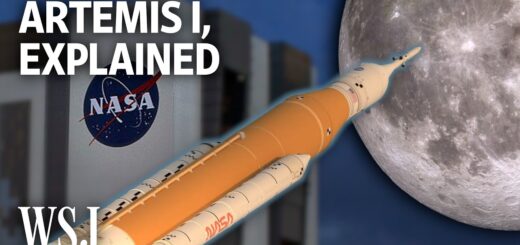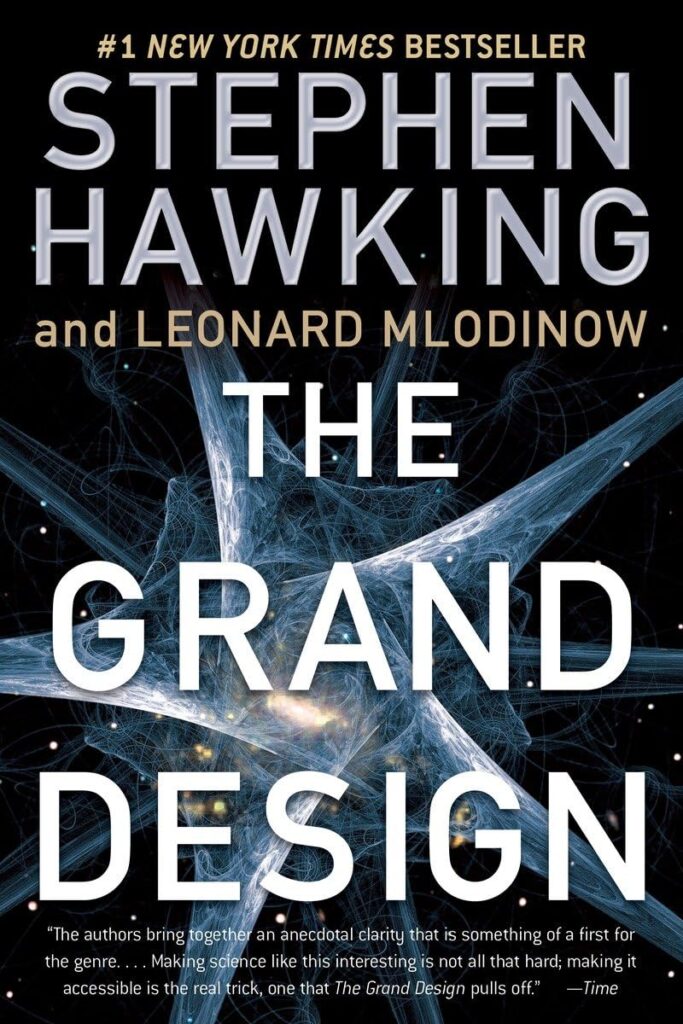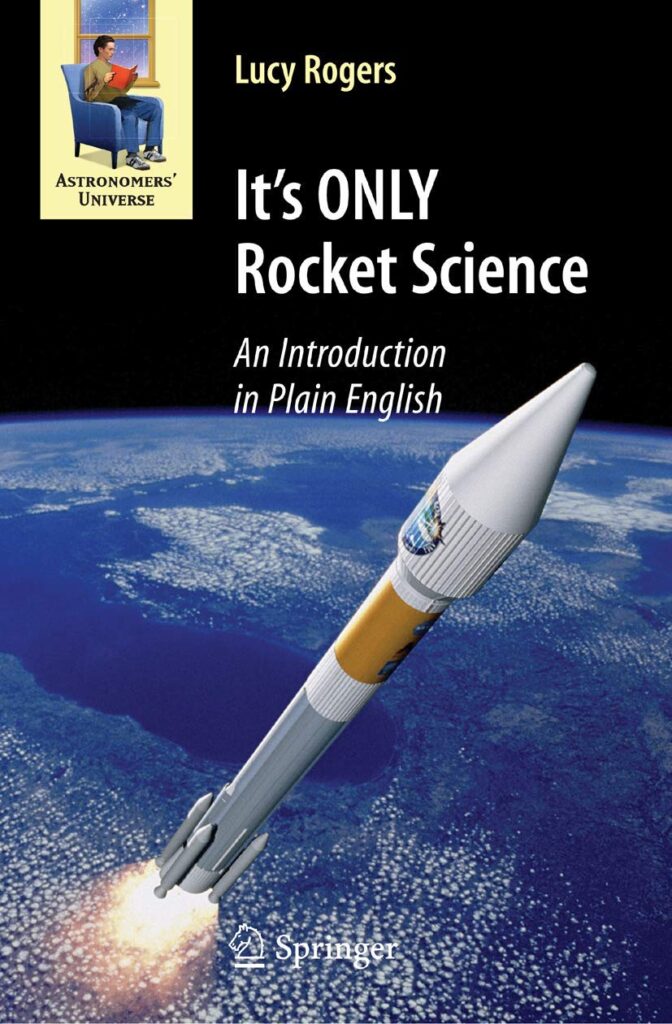Why a China Space Race is a Good Thing
From the U.S.-China trade war, a controversial security law in Hong Kong, building in the South China Sea, to China’s global infrastructure projects, there is undeniably a Cold War-like battle for influence on all fronts. And that includes space. We’re in a space race today, just as we were in the 1960s and the stakes are even higher. Although China hasn’t come close to achieving what the U.S. has, they’re catching up. Since 2018, China has launched more rockets into orbit than any other country. In 2019, they became the first to land a rover on the far side of the moon. And in 2020, China released the last satellite in their global navigation satellite system, called Beidou, China’s answer to the U.S.-made GPS. Like China’s big infrastructure projects here on Earth, their goals are to get a foothold in space technology that will drive profit, make them independent from U.S. technology, get an upper hand in military operations and show superiority on the world stage. With Joe Biden in the White House, experts think space spending could slow, although the Democratic Party has stated that it will continue the goal of sending Americans back to the moon and beyond to Mars. We are launching humans to the moon for the first time since 1972. And that might not be a bad thing. While a Cold War scenario has dangerous political and economic implications, a race to the cosmos, like any good rivalry, could be a huge benefit for space and other industries. If you think that the U.S.-China competition is going to be not just a clash of strategies, but a clash of systems, it’s going to be a contest over whether American-style liberal democracy or Chinese-style authoritarian capitalism is best suited to the demands of the 21st century, then it’s entirely possible that you could see the United States make investments in infrastructure and education and technological innovation and basic research that it wouldn’t otherwise make as a result of that competition. In 1957, the Soviet Union shocked the world by putting the first ever satellite into space, Sputnik 1. There is real military significance to these launchings. The satellite’s unanticipated success brought on the American Sputnik crisis, a period of public fear and anxiety in Western nations about the perceived technological gap between the United States and Soviet Union. And so the National Defense Education Act of 1957 is passed in response to Sputnik. And it includes major investments in a variety of intellectual pursuits that were considered critical to staying ahead in the Cold War. And so the rise of entire industries like aerospace, the rise of entire regions like Silicon Valley or Orange County, semiconductors, the Internet, a variety of other things that we associate with the rise of the information age, were originally conceived as part of the military industrial complex in the 1950s and 1960s. And let me say that our scientists and engineers, in offering their services to the government in this field, have been generous, patriotic and prompt. And nowhere was government spending more apparent and highly publicized as the space race of the time. In the Eisenhower years and then Kennedy years, the U.S. started pouring money into the space program. By, I think mid-1960s, the U.S. was spending about 4% of its total budget on space. It was the largest percentage of the budget spent on space in American history. And the intense rivalry allowed for some of the biggest accomplishments humanity has ever seen. Including the first living animal to enter space by Russia. The first man to enter space by Russia. And the first probe to land on the moon, also Russia. And so that led to a huge surge in U.S. spending on the space program, which culminated in 1969 with Neil Armstrong and Buzz Aldrin stepping on the moon. The moon landing is considered a conclusion to the space race. And as U.S.-Soviet relations improved, space spending waned. I think that one of the reasons that the U.S. has not been as focused on space is because the end of the Cold War. Since the Apollo program, the NASA budget has hovered around 0.5% to 1%. But in the last few decades, the world has seen the rise of a new power, China. While governed by an authoritarian regime like the USSR was, China also has far more economic strength and greater resources than the Soviet Union ever did. And that worries the U.S. The president has already signed into law the largest NASA budget since the days of the Apollo program. There is very much an ideological challenge. It’s sort of a contest over which sort of system, democracy or authoritarian capitalism, will win the day in the 21st century. And I think what American officials fear is that the Chinese will not be content to have second-tier status in a world that is led by the United States and its allies. But space isn’t simply a show of technological strength like it was during the Cold War. The space industry is now worth an estimated $345 billion. With technology that we use every day depending on it, like GPS. China started launching an alternative to the American system, called Beidou in 2000. The recently completed version is 20 centimeters more accurate than GPS by some estimates. China’s Beidou space program brings prestige and practical benefits, the prestige from announcing their arrival as a power in space similar to the prestige which the US achieved from its first moon landing. The practical benefits, both military and commercial. If you wanna target a missile or a fast-food delivery, you need a GPS system. With its Beidou system, China has its own GPS capability in place. And so independence from U.S. influence on that key part of infrastructure in the information economy. China even opened up the private space industry in 2014 in the hope of encouraging competitors to the U.S. private space industry. iSpace was the first private company in China to successfully launch a rocket and satellite into orbit in 2019. And a company called Galaxy Space plans to launch 650 low-Earth orbit satellites similar to SpaceX’s Starlink, which will give better, faster internet access to people all over the world. But it’s not all about business. I think that for President Xi Jinping, this Chinese space program is hugely important, not just for all the practical applications but also just for prestige. It’s important for President Xi to show that China is a superpower. Superpowers have space programs. China will have to prove that they can perform the kind of missions NASA has done and possibly go even further. Like China’s recent moon rover, Chang’e-4. Although it was the third country to land a rover on the moon, it was the first to land on the far side of the moon. And China’s recently launched Mars rover isn’t the first, but it’s the first orbiter lander rover all in one mission. China even has a Voyager-like mission in its initial planning stages that will do a flyby of Neptune and then out to explore interstellar space. But more importantly, China will build its own space station, which will serve as an essential tool for tests and research in space and offer an alternative to the International Space Station. When it comes to innovation, China will have some advantages when it comes to directing the entire resources of a state or the entire resources of a society toward some particular technological challenge, AI, for instance. But the cost of that is there is less of an open economic and intellectual ecosystem in China than there is in the United States. There’s more inherent dynamism in a society where you have truly open information flows and where innovation is as much a bottom-up, as it is a top-down phenomenon. And so that’s not to say that the United States is destined to win the race for AI or 5G or any other technology. I think there’s real danger in a lot of these fields. But if the United States puts forth the energy and puts forth the investment that’s necessary in these areas, there’s no inherent reason that it can’t succeed because it is a democracy. And there are signs that China’s space program is stumbling. In 2020, a long march 5B rocket scattered debris over Cote d’Ivoire, after an uncontrolled re-entry of the rocket’s core stage. This was the largest botch of its kind in years. So the worry is that China is just not that transparent when it comes to this sort of thing. So, was this just a one-off? Was this just something went wrong, or is this just an example of what might be happening going forward? The competition may prove to be too much. China is up against not only a space program with a long and decorated history. But one with more ambitious missions than ever before. The U.S. is now trying to beat China back to the moon to build a lunar base, harvest resources and then use it as a stepping stone to get to Mars. This time when we go to the moon, we’re gonna go to stay with a purpose of learning how to live and work on another world so we can take that knowledge and information to Mars. I think that the sense of urgency that we’re hearing from the Trump administration about the need to accelerate the Artemis program to get to the moon by 2024, I think part of that is because of the perceived threat from China. So in that sense, I think that having China as a more serious player in space could potentially be good for NASA, good for the American space program. Other NASA projects include a Mars mission equipped with a mini helicopter to fly on the surface of the red planet, another mini helicopter mission planned for Titan, Saturn’s largest moon, and the launch of the James Webb Space Telescope, an upgrade to the Hubble Space Telescope whose photographs changed our understanding of the universe as we know it. The ambitions of China and the U.S. may depend on how long their rivalry continues. If history is any lesson, the bigger the rivalry, the further the two space superpowers are likely to push themselves. The overall goal with China’s space program, I think, is to match the United States. China does not want to be subordinate to the U.S. on Earth and doesn’t want to be subordinate to the U.S. in space. Right now, the plan is to try to narrow the gap. And so if you are looking at this from an American strategic perspective, the concern would be that China may have a jump in the areas of high-tech innovation that will be most important in terms of powering innovation and productivity during the 21st century. And that can perhaps be turned into advantages on the battlefield. I should say that the jury is really still out in terms of how effective China will be at mastering innovation in these areas. But if China continues to lack the open informational ecosystem that we’ve typically associated with success and innovation, there may still be significant obstacles to maintaining the dynamism needed to spur innovation over the long run.













